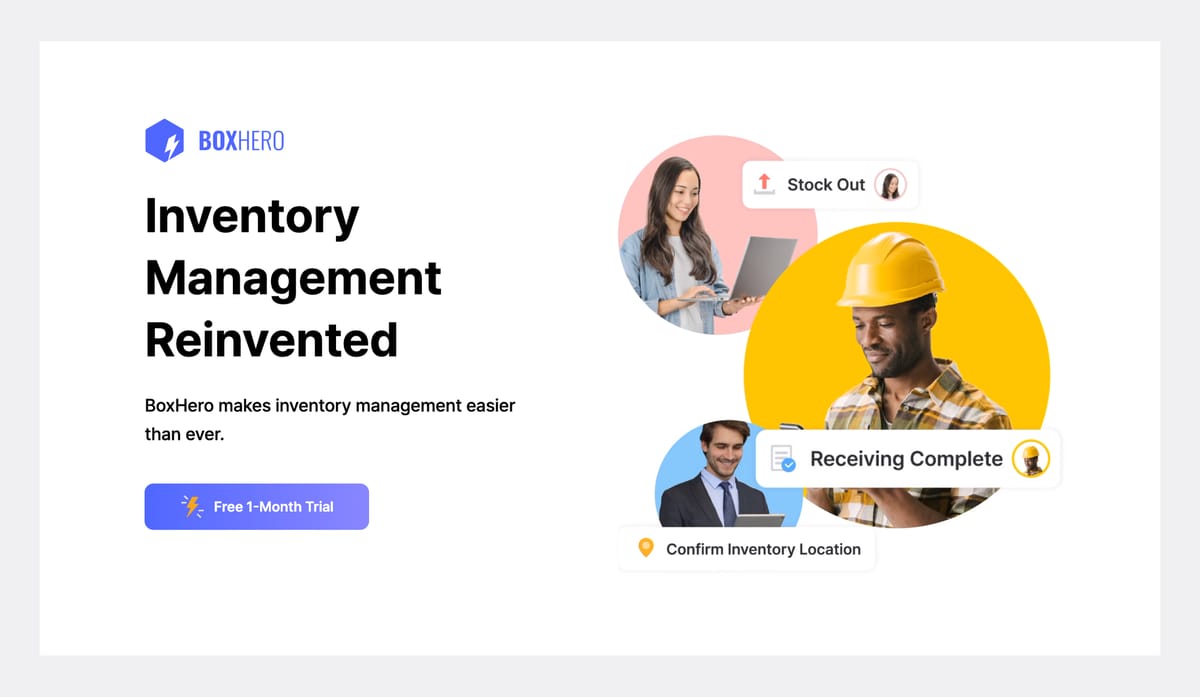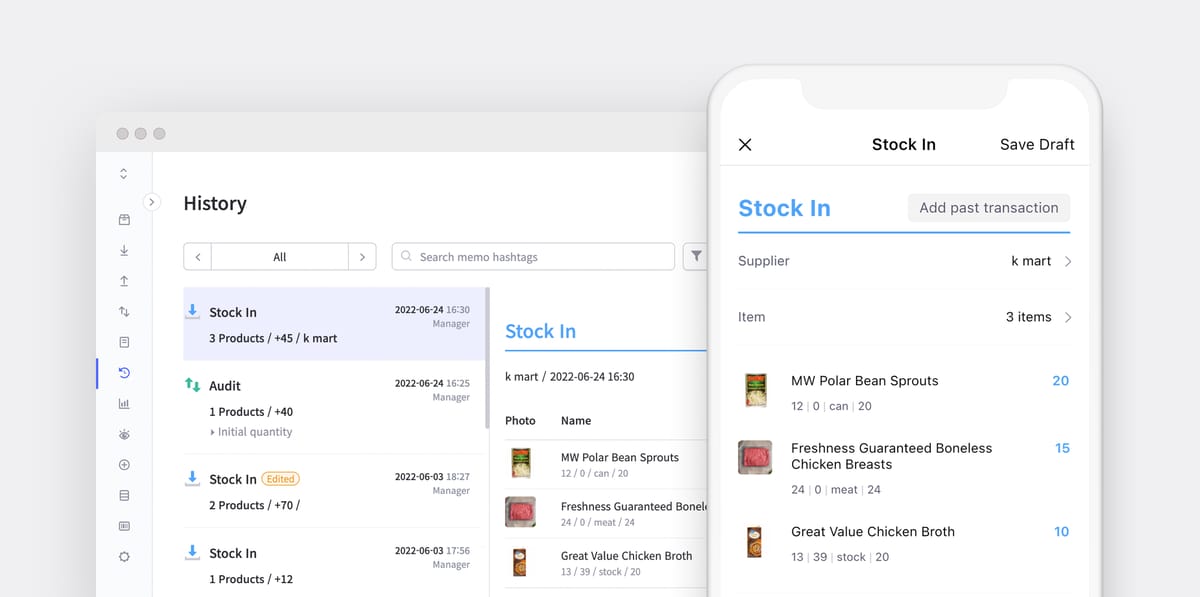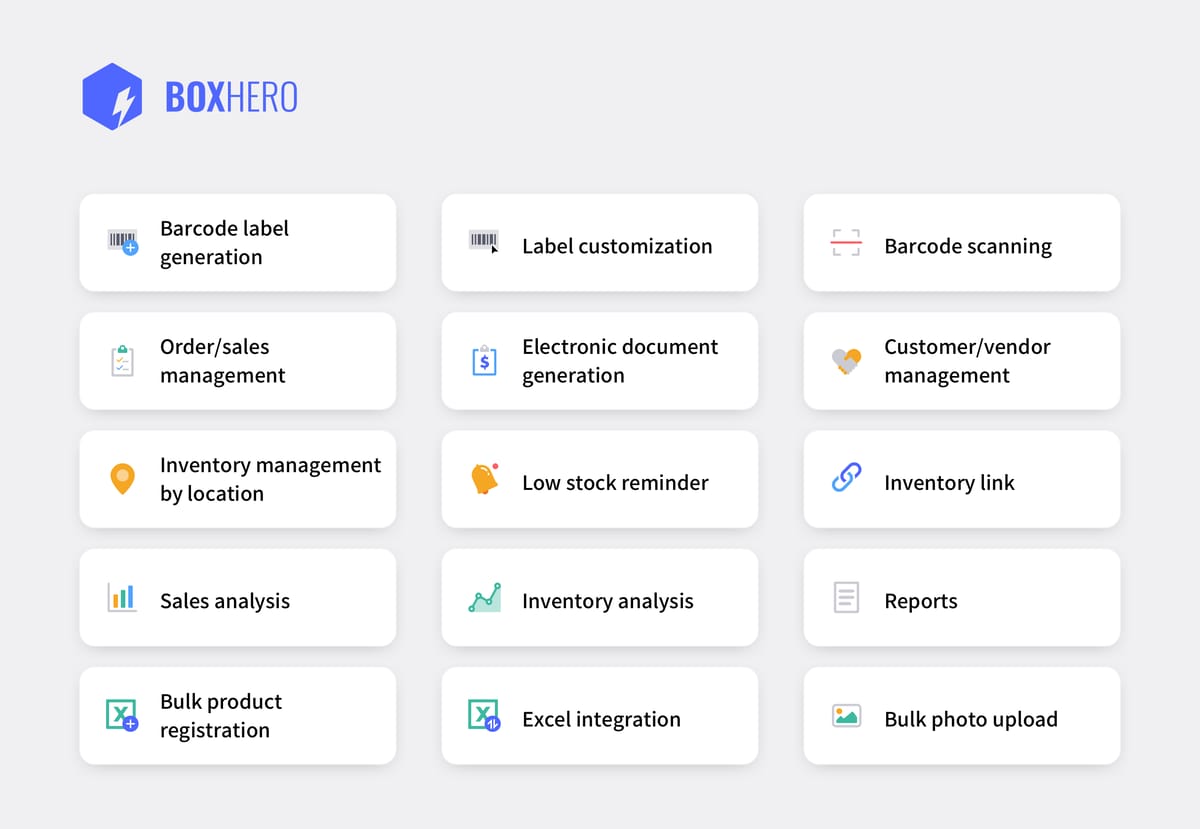Why Small and Medium-Sized Businesses (SMBs) Seek Alternatives to ERP Implementation

As your business grows, the need for efficient management of company resources increases. Companies recognize the importance of business operations management and contemplate the implementation of an ERP system to streamline asset management. However, is managing the business through an ERP system truly the sole solution for a better business? Let's explore the characteristics, pros, and cons of ERP to determine the optimal system that suits your company.

What is ERP?
ERP stands for "Enterprise Resource Planning." Simply, it refers to a system that consolidates and manages all of a company's resources. ERP systems encompass various business processes such as manufacturing, sales, accounting, logistics, and human resources. Today, most large corporations with numerous employees across different departments utilize ERP systems to streamline their business operations.
ERP systems offer the advantage of providing a clear visualization of the overall flow of business. By gaining a comprehensive overview of activities across different departments, valuable business insights can be obtained that lead to better decision-making. Having all company activities consolidated within a single system also facilitates a holistic view of the business's status. This implies that departmental data is accumulated in one place. The management of integrated data reduces unnecessary communication and duplicate tasks, thereby increasing productivity in the workplace.
Nevertheless, there are numerous instances where the implementation of an ERP system, intended to optimize operational efficiency, paradoxically leads to inefficiencies. What could be the reasons behind this? Let's consider some scenarios below that a business may encounter.
• When one employee handles multiple tasks without departmental distinctions.
• When a system is required for immediate use in the workplace without the need for onboarding.
Small and medium-sized businesses (SMBs), being relatively smaller in scale, often contemplate adopting ERP systems to leverage specific functionalities. However, ERP, with its comprehensive management of various business processes, necessitates payment for the entire suite of features, even if only a subset is utilized. Moreover, having multiple management systems leads to increased basic usage fees. As a result, the cost-effectiveness ratio becomes a factor that deters SMBs from embracing ERP systems.
Moreover, businesses with small departmental teams consisting of 1-2 individuals, or where one employee manages tasks across multiple departments, may discover that implementing an ERP system with an extensive array of functionalities can potentially hinder operational efficiency. This implies that employees would need to acquire familiarity and proficiency with a substantial number of functions when utilizing an ERP system encompassing a diverse set of features.

In the search for necessary functionalities, users can sometimes get lost within the system, leading to situations where tasks that used to take a few minutes now take much longer to resolve. Situations can also arise where inadequate hardware performance, such as slow processing speeds, might decrease workflow efficiency. Many organizations, without careful consideration, hastily adopt ERP systems for process improvement, only to later retract system implementation due to these reasons.
As demonstrated above, meticulous and detailed task analysis before implementing an ERP system is crucial. Planning and defining the system through careful examination is essential, ensuring the adoption of an ERP system suitable for the organizational work environment. However, optimizing ERP for an organization also requires significant time and cost investment, making it unsuitable for organizations seeking immediate business improvement.
Easy and User-Friendly Specialized Solutions as Alternatives to ERP
SMBs have turned to specialized solutions tailored to specific processes that are relatively easier to use and more affordable, in contrast to complex, challenging, and costly multifunctional ERP systems. These specialized solutions, such as accounting for finance, logistics for supply chain management, and human resources have gained significant popularity in the SMB market as an alternative to ERP due to their flexible applicability for varying organizational needs.

BoxHero is also a great solution that can be used as an alternative to traditional ERP systems, specializing in inventory and order management. Its user-friendly UX/UI allows for easy usage without extensive training. Additionally, convenience and seamless accessibility built into everyday devices such as PCs, mobile devices, and web browsers without requiring high-end hardware specifications are key advantages often praised by BoxHero’s customers.

BoxHero has prioritized intuitive inventory management by eliminating unnecessary features to ensure customer convenience. Essential functionalities for inventory management such as barcode label generation, barcode scanning, bulk product registration, automated electronic document creation, and client management are already included for use. The robust data analysis capabilities guide key performance indicators for business performance improvement, leveraging the accumulated inventory data.

BoxHero offers specialized inventory management solutions tailored for SMBs. BoxHero can help your business achieve efficient operations and management without the need for an ERP system.


